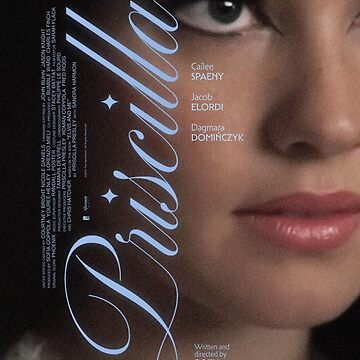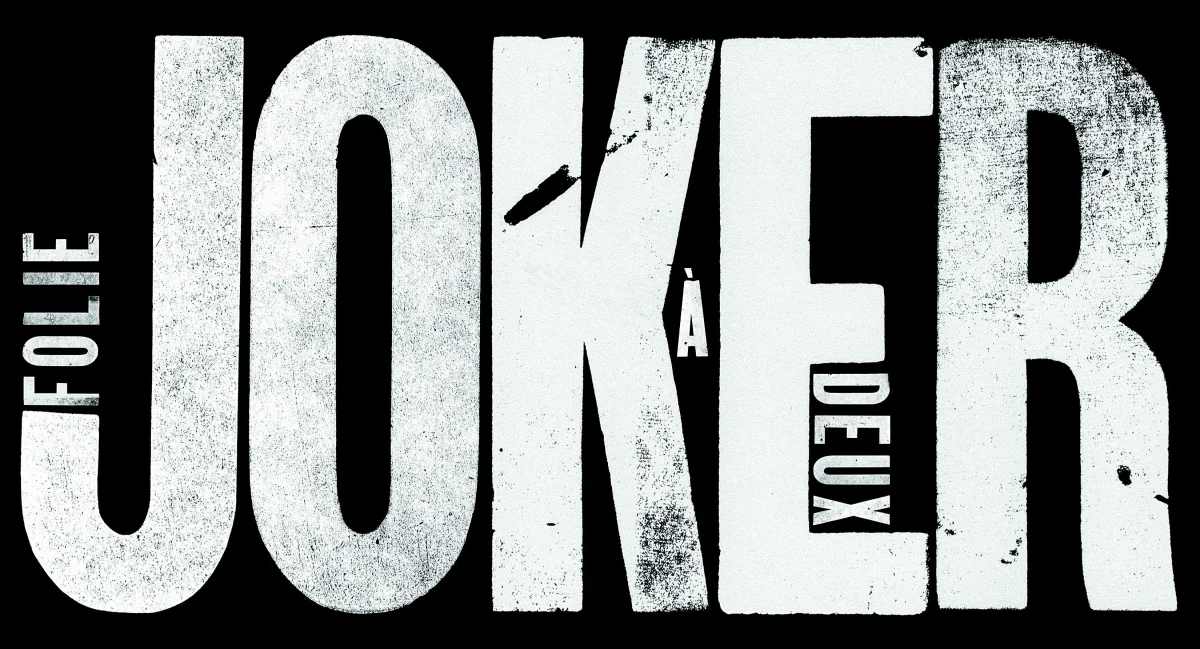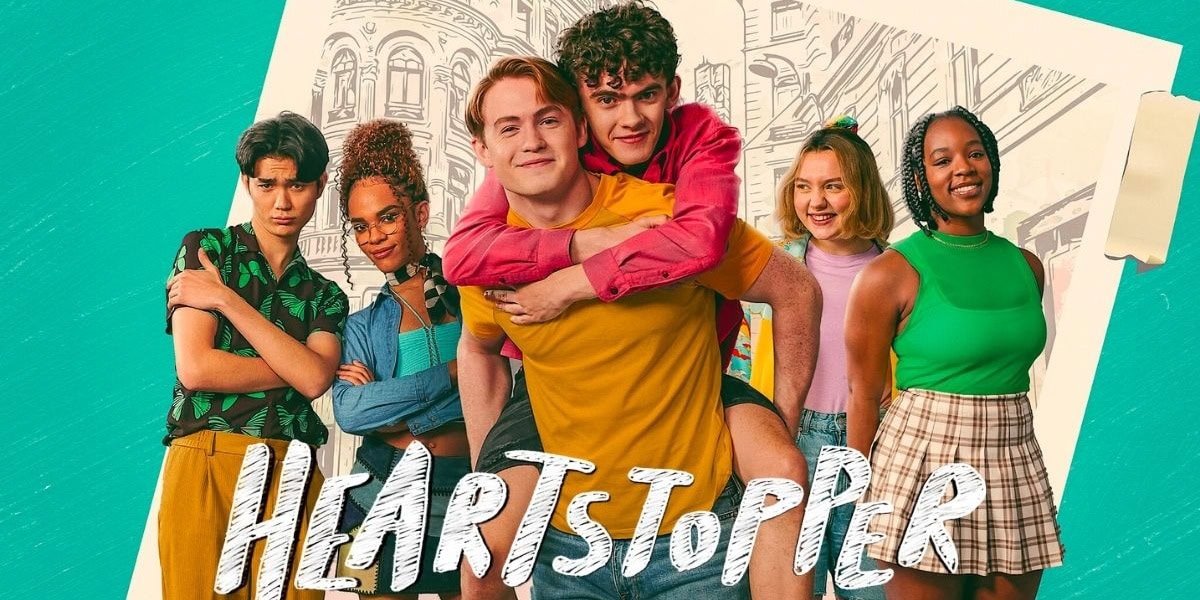“Priscilla,” directed by Sofia Coppola, is a beautifully crafted biopic of Priscilla Presley. Based on her biography, “Elvis and Me,” the film follows her turbulent life and abusive relationship with Elvis Presley. Even before the film’s official release on Oct. 27, 2023, it garnered high expectations from fans and critics alike. Needless to say, Coppola’s execution of “Priscilla” was intensely poignant and unforgettable.
The film’s story follows Priscilla, played by Cailee Spaeny, and her personal experiences of her predatory relationship with Elvis Presley, played by Jacob Elordi; more specifically, how his emotional manipulation exploited her naivety. Through examining Priscilla’s transformation from adolescence to adulthood, viewers see her achieve dignity, emotional clarity and maturity of her unglamorous and wounding relationship.
One of the most prominent aspects of this film is its cinematography. “Priscilla” is a quiet film; Coppola’s delicately composed scenes hold a dreamy, tranquil lull to them, mirroring how isolated and infatuated Priscilla felt in her relationship with Elvis. The color palette of this film is gentle and soft; the elegant costumes, set and color grading immerse the eye with muted yellows and navy blues. Coppola delicately weaved in her signature romanticism in depicting Priscilla’s girlhood and love for Elvis without glamorizing the relationship’s gruesome realities of disconnectedness, pedophilia and violence. The stunning shots throughout the film are almost muted in nature; the contrast between the serene visuals throughout the most agonizing scenes is disillusioning and painfully necessary.
Spaeny and Elordi’s enchanting performances were also exceptional. Spaeny impeccably encapsulated the complex emotional turmoil Priscilla experienced through a fourteen-year-old girl’s mind. Elordi’s performance as Elvis was unexpectedly natural, and his duality in mimicking Elvis’ charisma and sick depravity is highly impressive. Both actors mastered the ability to evoke confounding emotions from audiences.
The most notable element, which also received the most controversial responses, is the story’s transparency in the abusive power dynamic between Elvis and Priscilla. Explicit in how uncomfortable and nauseating the ten-year difference between the couple was, “Priscilla” directly contrasts “Elvis” (2022). “Elvis” used an older-looking actress when Elvis met Priscilla while also illustrating her as a more mature, independent woman. While the events of “Elvis” were somewhat of an extravagant serendipity, including his love for Priscilla, “Priscilla” is blatantly unapologetic to Elvis. His everlasting role as a pop-culture icon has garnered backlash of “Priscilla,” with many refusing to accept his flagrant role as a groomer in his romance with Priscilla. While “Elvis” may accurately display his public persona and magnetism, its dismissal of his vices towards her is apparent in the lack of Priscilla’s presence throughout the film. “Priscilla” almost glares at the obvious attempt at celebrity glorification and extravaganza that “Elvis” perpetuates. Its refined and more accurate presentation of the Presley couple bleeds through the one-dimensional view of Elvis that the public blindly accepted for decades.










